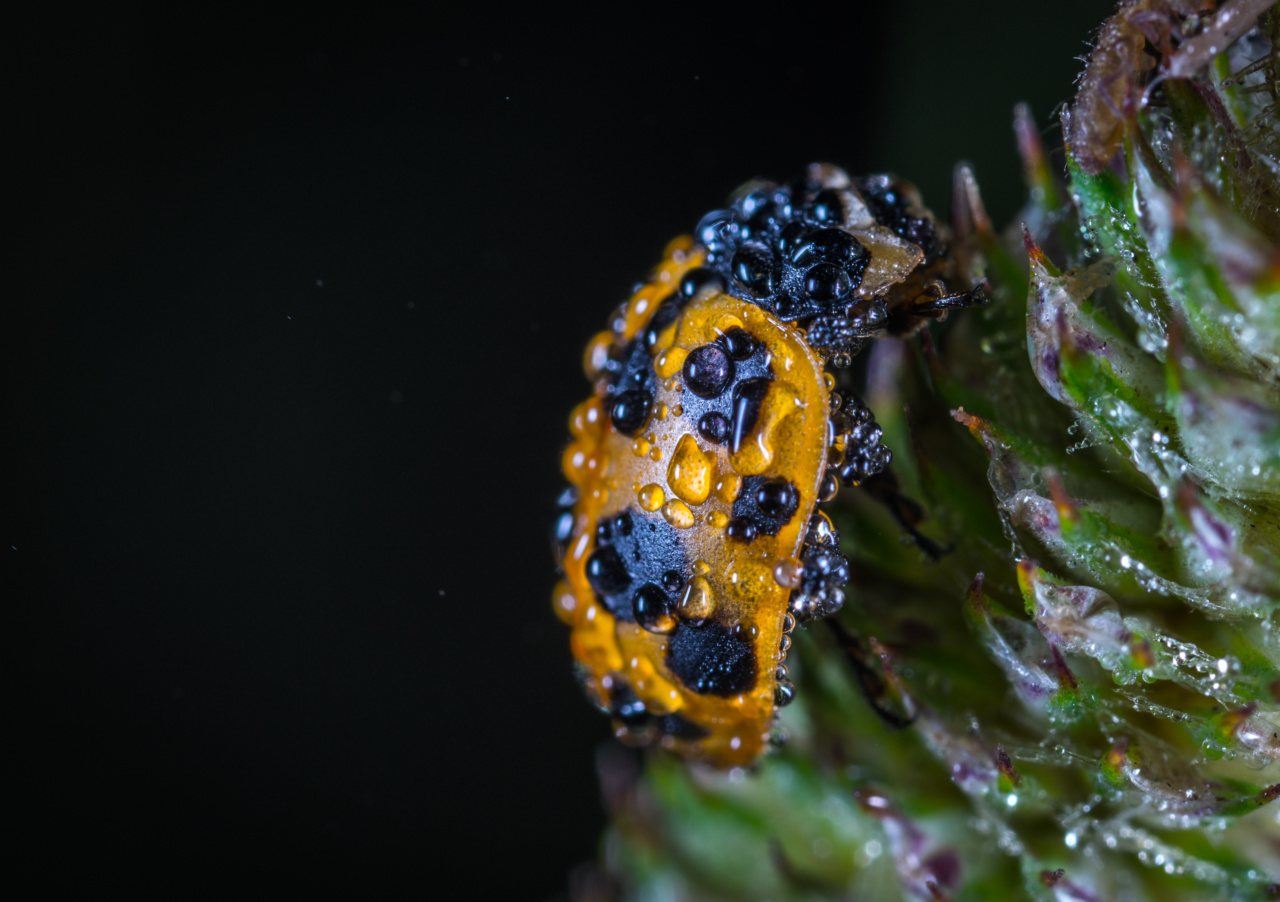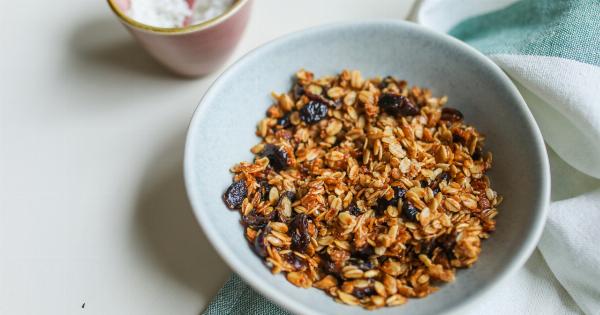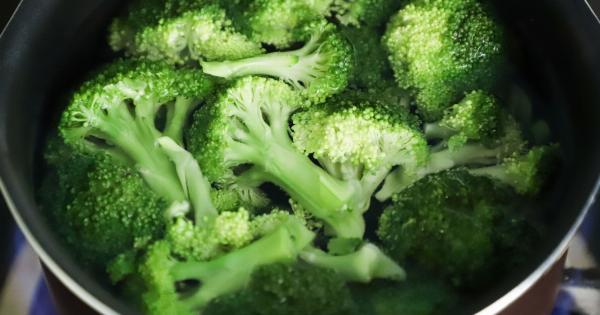As the world seeks sustainable and alternative sources of nutrition, a surprising contender has emerged – beetles.
While the idea of consuming insects may seem unusual to some, cultures and communities around the globe have been enjoying the culinary benefits of edible insects for centuries. Beetles, in particular, offer numerous advantages as a potential food source, from their exceptional nutritional value to their environmental sustainability. However, as with any new dietary choice, it is important to be aware of potential downsides.
In this article, we will delve into the 10 benefits and 3 potential downsides of incorporating beetles into your diet.
Benefit 1: Nutritional Value
Beetles are packed with essential nutrients, making them a valuable dietary addition. They are rich in protein, vitamins, minerals, and healthy fats, making them a fantastic source of sustained energy.
For example, some beetle species contain high levels of omega-3 and omega-6 fatty acids, which play a crucial role in brain health and maintaining healthy cholesterol levels.
Benefit 2: Environmentally Friendly
One of the greatest advantages of consuming beetles as food is their low environmental impact. Traditional livestock farming practices, such as cattle rearing, contribute to deforestation, greenhouse gas emissions, and excessive water consumption.
In contrast, beetles require significantly less land, water, and food to thrive, making them a sustainable alternative. Additionally, beetle farming produces minimal waste compared to conventional livestock farming, reducing the burden on waste management systems.
Benefit 3: Abundant Supply
Beetles, being part of the insect world, have an abundant supply that is readily available for consumption.
In comparison to traditional livestock, which requires time, resources, and space for breeding, beetles can be farmed and harvested on a smaller scale more efficiently. The high reproductive capacity of beetles ensures a consistent and reliable source of food for human consumption.
Benefit 4: Biodiversity Preservation
By incorporating beetles into our diet, we can contribute to the preservation of biodiversity. Agriculture and animal husbandry have led to the destruction of habitats and the loss of numerous species.
However, entomophagy, the practice of consuming insects, provides an opportunity to protect biodiversity by reducing the demand for traditional livestock and its associated environmental impacts. By diversifying our sources of protein, we can alleviate the strain on natural ecosystems and promote a healthier balance of species.
Benefit 5: Culinary Versatility
Beetles offer culinary versatility, making them a suitable ingredient for a wide range of dishes. They can be incorporated into both savory and sweet recipes, adding a unique and distinct flavor.
Whether used in stir-fries, soups, salads, or even baked goods, beetles can introduce exciting textures and tastes to your meals.
Benefit 6: Cost-Effective
Beetles are a cost-effective food source for both consumers and producers. Their ability to reproduce quickly and efficiently means that they require less investment and maintenance compared to traditional livestock farming.
This affordability can make beetles an accessible and sustainable protein option, particularly in regions where resources are scarce.
Benefit 7: Allergen-Friendly
For individuals with specific food allergies or dietary restrictions, beetles can be a suitable alternative. They are gluten-free and do not contain common allergens such as dairy, soy, or nuts.
This makes beetles a viable option for those with food intolerances or sensitivities, allowing them to enjoy a protein-rich diet without the associated concerns.
Benefit 8: Improved Food Security
Beetles can contribute to improved food security, especially in regions facing challenges in meeting nutritional needs.
Their ability to be farmed in smaller spaces and with fewer resources makes them a viable solution for communities struggling with limited access to quality protein sources. Embracing beetle farming and consumption can help alleviate issues related to malnutrition and ensure a more balanced diet for populations in need.
Benefit 9: Reduced Antibiotic Use
Traditional livestock farming often relies on antibiotics to promote growth and prevent disease outbreaks.
However, excessive antibiotic use has led to the emergence of antibiotic-resistant bacteria, posing a significant threat to human and animal health. By shifting towards beetles as a source of protein, we can reduce the demand for antibiotics in animal agriculture, contributing to the global efforts to combat antibiotic resistance and promote healthier farming practices.
Benefit 10: Promoting Cultural Appreciation
Cultivating and expanding the consumption of beetles not only offers diverse nutritional benefits but also provides an opportunity for cultural appreciation.
Numerous communities have a long-standing tradition of entomophagy, incorporating beetles into their culinary practices. By embracing beetles as food, we can foster respect for cultural heritage and promote a deeper understanding of different food traditions.
Potential Downside 1: Allergies and Sensitivities
While beetles are generally safe for consumption, individuals with existing shellfish allergies may need to exercise caution.
Beetles and shellfish belong to the same phylum, Arthropoda, and individuals with shellfish allergies may also exhibit cross-reactivity to beetles. It is essential for those with known allergies to undergo proper testing or consult a medical professional before incorporating beetles into their diet.
Potential Downside 2: Contaminants and Pesticides
As with any food source, there is a potential risk of contamination. Beetles sourced from the wild may be exposed to pesticides or environmental toxins, which could accumulate in their bodies.
To mitigate this risk, it is crucial to source beetles from reputable and trusted suppliers who adhere to strict quality control measures or consider farming beetles in controlled environments.
Potential Downside 3: Cultural Barriers
Introducing beetles as a food source may face cultural barriers or taboos in certain communities. In some societies, insects, including beetles, may be associated with negative connotations or perceived as unsuitable for consumption.
Overcoming such cultural resistance requires education, awareness, and respectful dialogue to promote the understanding and acceptance of beetles as a nutritious and sustainable food choice.
In conclusion, incorporating beetles into our diets presents numerous benefits and potential downsides.
From their exceptional nutritional value to their low environmental impact and potential for promoting biodiversity, beetles offer a sustainable and viable protein source. However, it is necessary to consider potential allergies, contamination risks, and cultural barriers.
By weighing the advantages and disadvantages, individuals and societies can make informed choices about incorporating beetles into their culinary habits, contributing towards a more sustainable and diverse food system.































